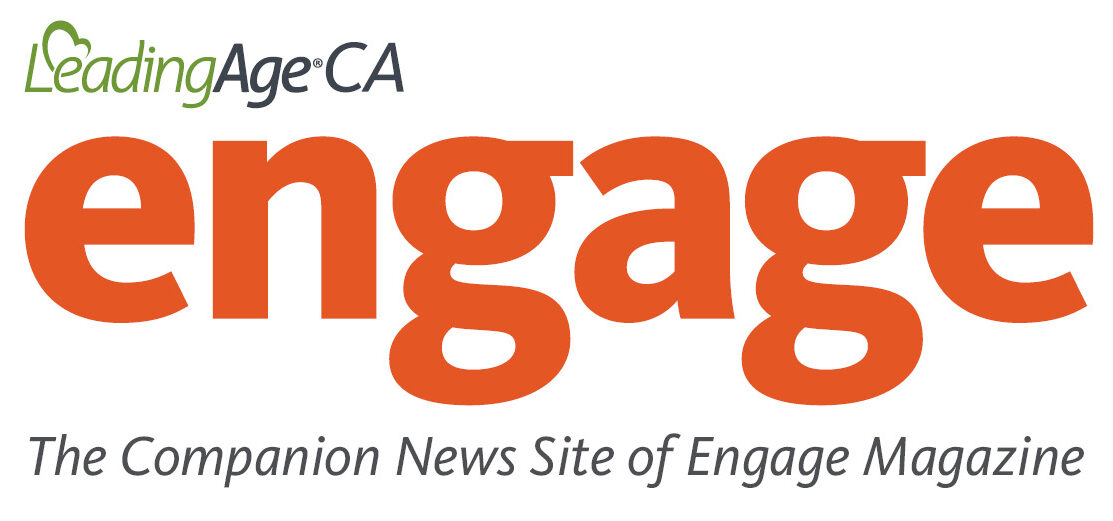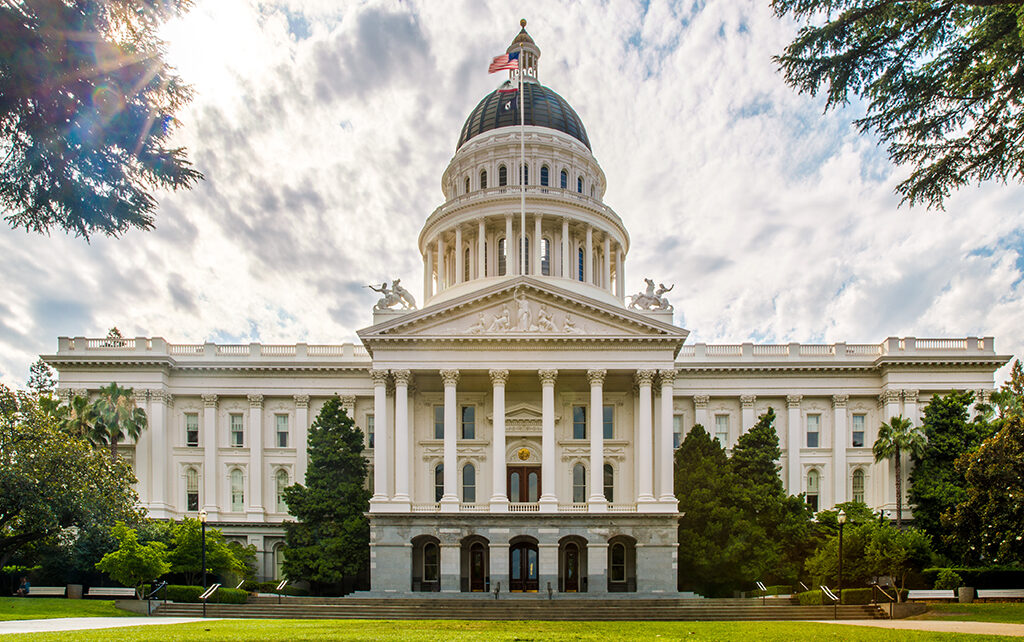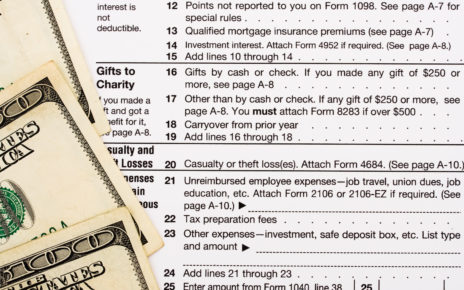On Friday, January 10, California Governor Gavin Newsom released his state budget proposal for 2020-21, which largely continues to reflect his administration’s commitments to invest in Medi-Cal, behavioral health care and short-and long-term housing solutions for homeless persons and those at risk of homelessness.
The $222.2 billion proposal is 2.3% larger than last year’s budget and projects a $5.6 billion surplus, much of which is directed towards homelessness. Notably, the Governor has proposed to reform the state’s current nursing facility financing structure away from a cost-based reimbursement structure to a value-based funding framework. While details around this restructuring are very limited as of now, LeadingAge California will be working very closely with the Administration and other stakeholders to ensure that quality providers are assured long-term financial viability in caring for Medi-Cal beneficiaries. Staff are still pouring over the details, however, we have included the most relevant highlights below:
Homelessness: The proposed budget includes a $750 million General Fund allocation to establish the California Access to Housing and Services Fund, administered by the Department of Social Services. The primary goals of the fund are to reduce homelessness by moving individuals into stable housing, and to increase the number of units available as a stable housing option for people who are homeless or at risk of homelessness. The fund will flow through regional administrators who will help fund additional housing units, provide short- and long-term rental subsidies, and stabilize board and care homes. The fund will also allow regional partners to create flexible housing subsidy pools, to use federal, state and local money in ways that work best for the locality. The fund seeks to complement the Executive Order the Governor signed on Wednesday, which calls on his administration to take immediate action on homelessness by identifying state buildings and lands that could serve as sites for temporary housing, deploying state travel trailers for the provision of housing and social services, and creating a homelessness strike force in his cabinet.
Housing: Building on 2019 investments to assist local governments in creating more housing, the Governor continues to call on local jurisdictions to take action to reduce barriers and streamline processes necessary for housing development. The budget proposal includes ongoing funding of $10 million a year for local assistance in and to hold local jurisdictions accountable for housing production. In total, the budget includes $6.8 billion across multiple department and programs to address housing. Much of this funding is a result of existing bonds and financing programs:
- $563 million Veterans and Affordable Housing Bond Act of 2018 (SB 3)
- $400 million No Place Like Home
- $277 million Building Homes and Jobs Act (SB 2)
- $68 million Federal Funds
- $468 million Affordable Housing and Sustainable Communities
- $295 million Federal LIHTC
- $601 million State LIHTC
Health & Human Services: The Governor’s health and human services budget proposal calls for spending $167.9 billion in this area with Medi-Cal consuming the lion’s share of the budget (61.6%) followed by IHSS (8.9%). A few notable highlights include:
- $14.9 billion ($5.2 billion General Fund) for In-Home Support Services (IHSS), a 16-percent increase from 2019-2020 levels.
- $2.66 billion General Fund for the SSI/SSP program. Effective January 2020, the maximum grant levels are $943 for individuals, and $1,583 for couples, per month.
- $3.6 million one-time General Fund to establish a coordination and training initiative through the Alzheimer’s disease Centers to develop a “train the trainer” program that will help family caregivers navigate the complexities of the disease.
- Provides for full-scope Medi-Cal expansion for undocumented persons aged 65 and older.
- $601 million State LIHTC.
Other notable items included in this year’s proposed budget include:
- Allocates $181 million to the Medi-Cal Drug Rebate Fund reserve, which is intended to alleviate the General Fund Impact related to drug rebate volatility.
- The 2020-2021 budget does not reflect the renewal of the Managed Care Organization (MCO) provider tax, due to the Federal Government’s current review of the state’s proposed tax structure. However, the budget does reflect these revenues beginning in 2021.
- Provides approximately $22 million for enforcement of AB 5, including $17.5 million for the Department of Industrial Relations, $3.4 million for the Employment Development Division and $780,000 to the Department of Justice.



